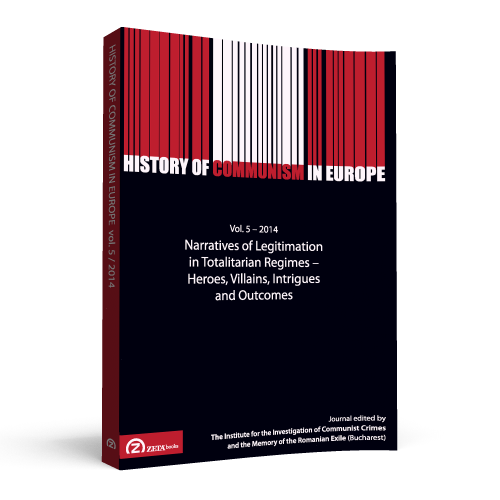From Mothers’ Day to “Grandma” Frost. Popularisation of New Year Celebrations as an Ideological Tool. Example of Čačak Region (Serbia) 1945-1950
From Mothers’ Day to “Grandma” Frost. Popularisation of New Year Celebrations as an Ideological Tool. Example of Čačak Region (Serbia) 1945-1950
Author(s): Nikola BakovićSubject(s): History, Local History / Microhistory, Social history, Post-War period (1950 - 1989), History of Communism
Published by: Zeta Books
Keywords: New Year; Yugoslavia; holidays; celebrations; Christmas; Grandfather Frost; Čačak; Antifascist Front of Women
Summary/Abstract: This microhistorical case-study of the role of the Antifascist Front of Women of Yugoslavia in popularising New Year celebrations in the Serbian municipality of Čačak aims to examine the internalisation of the communist discourse through ritual practices serving to infiltrate the private life of the local community and to expand the Party’s support basis. In the first post-war years, the new authorities not only tolerated, but tacitly approved and aided celebrations of Christian holidays. Yet this policy changed radically in 1948, when local mass organisations were instructed to replace winter holidays with New Year festivities, based on the Soviet model. These events bore an observably ideologised character, since New Year’s Day was not only supposed to mark the calendar year’s end, but also to symbolise the new beginning as a ubiquitous simulacrum for a new socialist society. The primary agents of this novel collective identity practice were women, champions of the socialist emancipation project, whereas the main channel for dissemination were children, which embedded this measure within the farsighted project of tempering a “new man.”
Journal: History of Communism in Europe
- Issue Year: 2014
- Issue No: 5
- Page Range: 207-226
- Page Count: 20
- Language: English
- Content File-PDF

